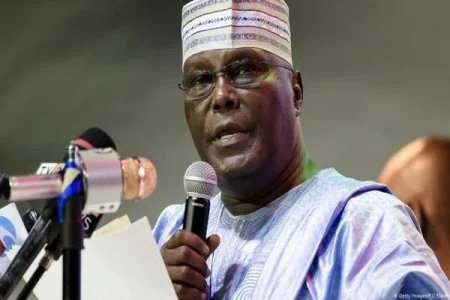
The Nigerian Presidency has earmarked ₦10 billion to install solar power at the Aso Rock Villa, citing the burden of rising electricity costs. The move, which comes as many Nigerians struggle under the newly introduced Band A electricity tariff, has sparked widespread backlash and questions about equity, trust in public utilities, and government priorities.
Highlights
- ₦10bn set aside: The Presidency’s 2024 supplementary budget includes a ₦10bn allocation for solar infrastructure at the Villa, reportedly to reduce dependence on the national grid.
- Power cost pressure: The justification comes amid complaints of rising bills under the new Band A tariff, which offers a more stable supply but at higher rates.
- Citizens react: Nigerians online quickly responded with frustration, mockery, and concern.
- Import irony: Critics noted that while solar panels remain heavily taxed or restricted for everyday citizens, the government appears to be making its switch.


